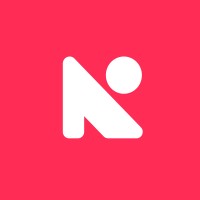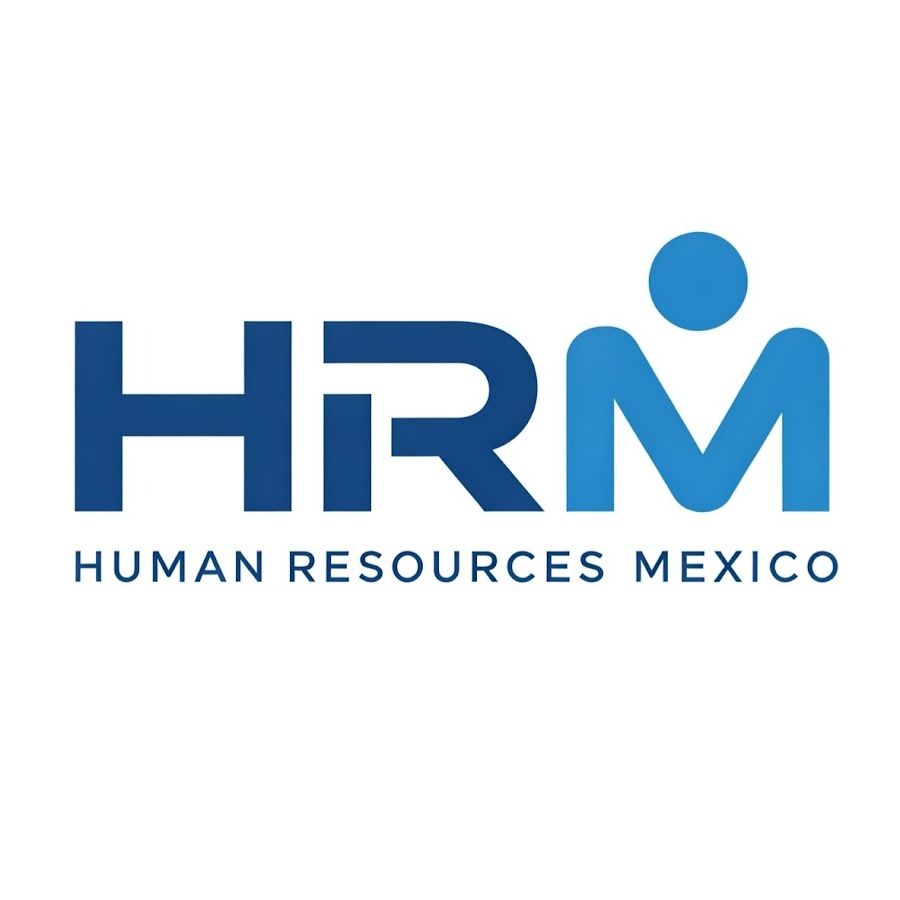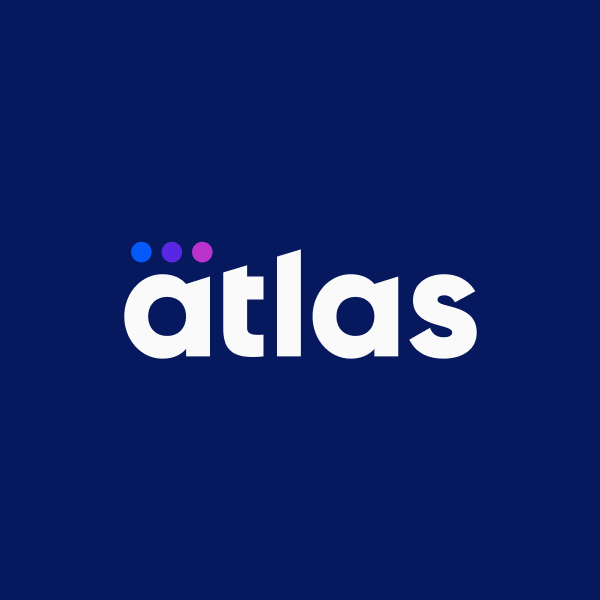Compensation packages can make or break a business. If retention, productivity, and employee well-being are important to your organization (which they likely are), then your HR team should put an emphasis on compensation management.
According to a PayScale report, 75.6% of companies responded they either have a compensation strategy in place or are working on one, which is a 6% increase over previous years. This statistic shows the rising importance of good compensation packages to employees.
But you may be thinking, wasn’t compensation always important to potential employees? The answer is yes, but compensation packages include more than just salary. In this article, we break down compensation management, from packages to strategy to software.
What makes a good compensation package?
Total compensation packages can include any or all of the following:
- Salary
- Employee benefits
- Incentive compensation
- Paid holiday, vacation, and sick days
- Bonuses based on employee performance
- Stock options
- Retirement savings plans
- Parental leave
- Training and education subsidies
- Remote work flexibility
There are other types of compensation and employee benefits, such as on-site child care, overtime pay, or phone stipends, that may depend on the company and industry. In general, the most critical pieces are salary, time off, benefits, and retirement.
Depending on the size and industry of your business, what a “good” compensation package looks like will vary. For example, an early-stage startup might not be able to subsidize extra education, but they may provide remote work flexibility and unlimited PTO. Meanwhile, an enterprise corporation might be more stringent with time off, but have better insurance benefits and bigger bonus structures.
A “good” compensation package will be one that is agreeable to both your company and your new hire. If you find that you’re losing great candidates right after the compensation conversation, it might be time to rethink your strategy.

How do I improve my compensation strategy?
There are a few important considerations when building a compensation plan:
1. Determine budget
Budget is the most important factor in total compensation. How much money is available to realistically pay employees competitive salaries, as well as supplying them with ample benefits and bonuses?
You must also account for additional costs that come with running payroll and fulfilling tax requirements. Also, if you have multiple offices or a remote workforce, you’ll have to consider the cost of living.
2. Create compensation hierarchy
Most companies have hierarchies, starting at entry-level, moving up to management, and eventually C-suite. After your budget is finalized, make note of the different roles and where they fall in the hierarchy. Using this data, you can create a pay structure with specific salary ranges. This helps your HR leaders craft accurate job descriptions, fit new hires into your compensation plan, but it also creates transparency across your organization.
3. Gather feedback
Put a finger on the pulse of your employees. What benefits do they wish they were offered? Do they think they’re fairly paid? Are they satisfied with their vacation time and health insurance? While they won’t directly affect the decision-making process, understanding your employees’ wants and needs will give you an idea of how to attract the best new talent.
4. Check compliance
Of course, there are legal requirements for paying employees. The Fair Labor Standards Act is the United States’ national policy for minimum wage, taxes, paychecks, withholding allowances, and more, but there may be state-specific regulations. Your HR team likely knows how to handle this, but it’s still good to double check to make sure that your company is following the guidelines correctly.
5. Compare with competitors
Much of the time, compensation is actually determined by what rivals in your industry pay their employees. 39% of people who want to change careers cite salary increase as the main factor. Therefore, if you want to retain the best candidates and prevent them from going elsewhere, you better know what the market rate is for your open roles.
Benchmarking tools and salary data exist for this reason. We go into further detail in the next section about compensation software.
What software can help me with my compensation program?
Employee compensation has many moving parts, from compliance to base pay to rewards to PTO to benchmarking. Luckily, there are compensation management software solutions designed specifically to streamline this process for your compensation manager.
Total compensation management
Total compensation management solutions bring all of the following features into a complete suite. Sometimes, a total compensation management solution is packed inside of a human resource management system, like Bob.
Total comp management software might come at a higher price point because it has everything included, but it saves you the difficulty of connecting different systems.
Compensation planning software
Compensation planning software assists with forecasting different compensation scenarios. Management can tinker with detailed spreadsheets that show how raises, merit pay, equity distribution, and new employee salaries will affect the overall budget. Once managers are satisfied with their plans, they can move them up the chain of command for approval.
Diversity, equity, and inclusion
After integrating your HRMS data with your compensation platform, you’ll have demographic data to study pay gaps in race, gender, and orientation. By uncovering your company’s implicit biases, you can take steps towards becoming a more equitable employer.
Benchmarking and market pricing tools
One of the most difficult tasks for HR managers is determining salary ranges for various positions. Luckily, comp management tools offer a solution.
Vendors provide large databases of salary information for different jobs, which they gather from salary surveys sent out to hundreds of companies. Therefore, you can adjust your salaries to what the market considers a competitive salary based on industry, role, and competitors. Compensation is no longer a guessing game; it’s based on actionable data.
You won’t need a comp management solution to access salary data. You can easily purchase salary data separately. However, a comp management system will make it much easier to integrate that data into yours.
What else is there to know?
A good compensation system can provide positive ROI to your business. Employee retention will go up if you're paying employees a competitive salary. You'll build out pay structures to streamline future hiring. You'll create detailed compensation policies for future HR teams to build on.
To learn more about compensation management software, check out our detailed landscape. It has pricing information, benefits, use cases, features, and more.


























